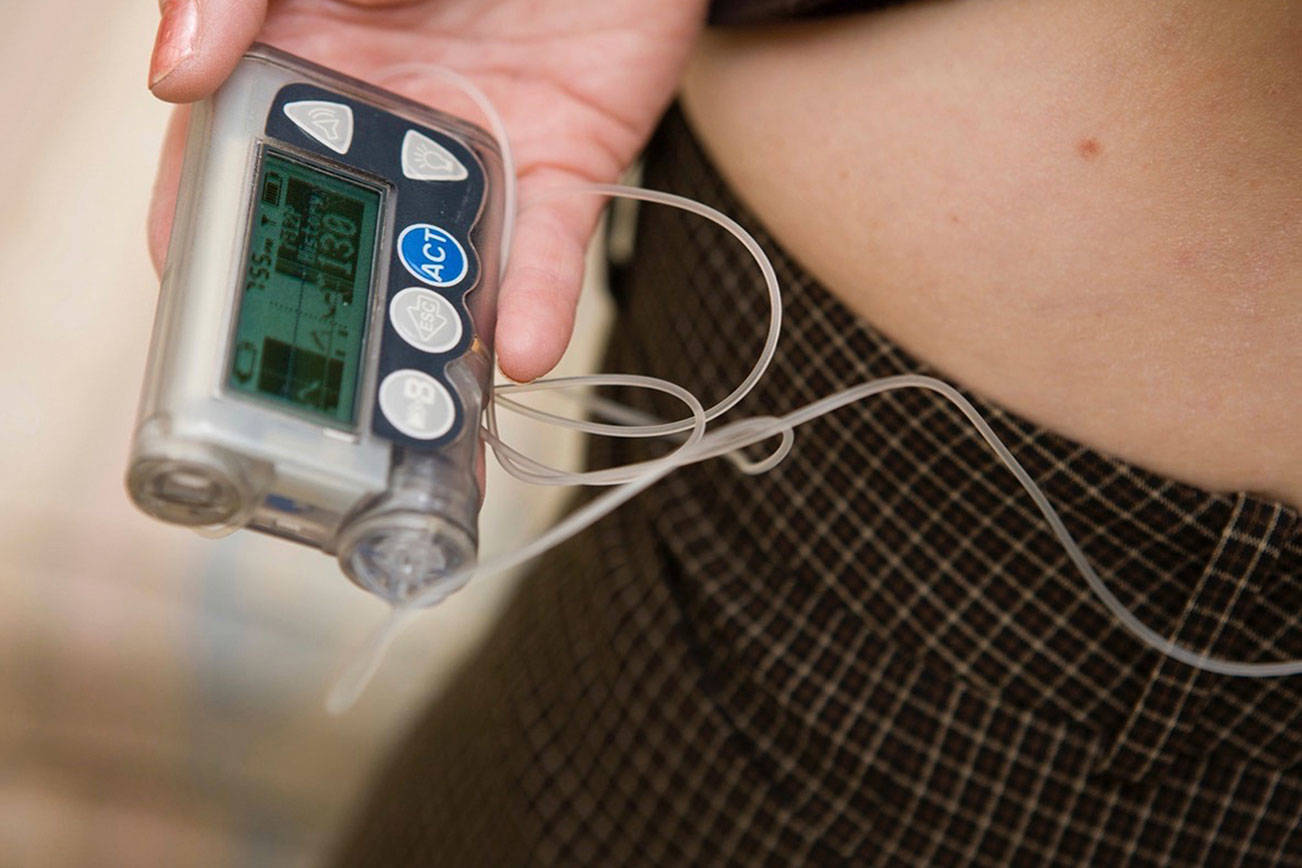Washington state lawmakers could limit the cost of insulin to $100 a month, along with four more pre-filed prescription drug bills designed to curb rising patient costs.
The slate of legislation was filed by Sen. Karen Keiser (D-Des Moines) as a response to ballooning prescription costs. If approved, the bills would allow the state to undertake mass buyouts of insulin, cap insulin costs, import prescription drugs for state workers, create a pharmacy benefit board and create a pharmacy tourism board. Several of these ideas have already been enacted by states around the country.
“Drug prices are out of control, and they are hurting patients and citizens who can’t afford the cost. People are cutting their pills in half, not taking their full insulin doses, trying to do with alternative methods,” Keiser said. “The only people it’s good for are the drug manufacturers and the industry.”
A report from the Congressional Diabetes Caucus found while there’s pressure to inflate insulin prices, there’s no good mechanisms to counteract that. Payment incentives, a lack of pricing transparency and outdated patent regulations all conspire to jack up the price of insulin. Vials of the lifesaving drug can cost more than $300 each, with many patients needing at least two per month, according to the report.
“These market failures have allowed a handful of players along the insulin distribution pipeline from manufacturers to health insurers to capitalize on their strategic position, driving up the price of insulin and minimizing competition,” the report stated.
One of the recommendations the report made was to cap out-of-pocket expenses needed to treat chronic health conditions.
But Keiser wasn’t optimistic that Congress would be able to pass comprehensive legislation right now. She’s hoping the Washington state Legislature will act this session.
No companion bills have been filed in the House yet, but Rep. Eileen Cody (D-Vashon Island) said they should be coming soon.
“Republicans are interested in this too, so it’s a bipartisan issue,” Cody said.
Lawmakers have been looking at ways to address the rising cost of drugs and decided to go after insulin first. The drug has been around since the 1920s, when Canadian researchers discovered it and gave it to manufacturers to produce free from royalties.
“It just seems ridiculous that the prices have gotten so out of control,” Cody said.
If approved, SB 6087 would affect health plans in 2021, mandating that insulin drug prices for patients be capped at $100 for a 30-day supply. It also stipulated that coverage couldn’t be reduced or eliminated because of the law.
The bill is modeled after Colorado’s insulin bill, which was approved last spring. It similarly placed a $100 cap on the drug. A JAMA Network study found the price per milliliter of insulin jumped from $4.34 in 2002 to $12.92 in 2013.
According to Washington State Department of Health statistics, 1 in 11 residents has diabetes, and it’s the seventh leading cause of death. In King County, some 7% of adults have diabetes. Native Americans, Pacific Islanders and black residents were more likely to have diabetes. Additionally, 10% of South King County residents had diabetes, double that of Seattle.
There’s also an age divide. A Centers for Disease Control report from last August found adults younger than 65 were more likely to not take medication as prescribed. They were also more likely to ask doctors for cheaper medications. For adults older than 65 with diabetes, the percentage who asked doctors for lower cost medicine was lowest among those with Medicare or Medicaid.
Another bill Keiser introduced could allow the state to purchase insulin in bulk, similar to how it buys childhood vaccines. It could let the state negotiate lower prices for the drug.
“There’s no simple, easy, silver bullet,” she said. “But what I’m trying to do is take it at several different approaches.”
A third bill would create a prescription drug affordability board to monitor drug prices and create maximum limits that could be paid by patients. Two additional bills deal with allowing state employees to buy prescriptions from Canadian pharmacies at a lower price, and creating a wholesale prescription importation program with Canada.
There’s precedent for many of these laws. Keiser cited Colorado as inspiration for the insulin price cap. She also cited Utah for the pharmacy tourism bill, Florida and Nevada for drug importation, and Maryland for the affordability board.
With Congress in deadlock, Keiser said there have been signs that the federal government is open to letting states figure out how to lower drug prices.
“(They’re) signalling that states might be good laboratories for experimenting,” she said.


